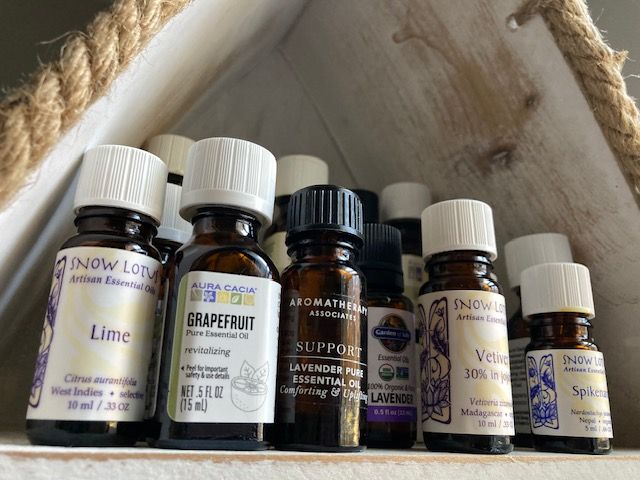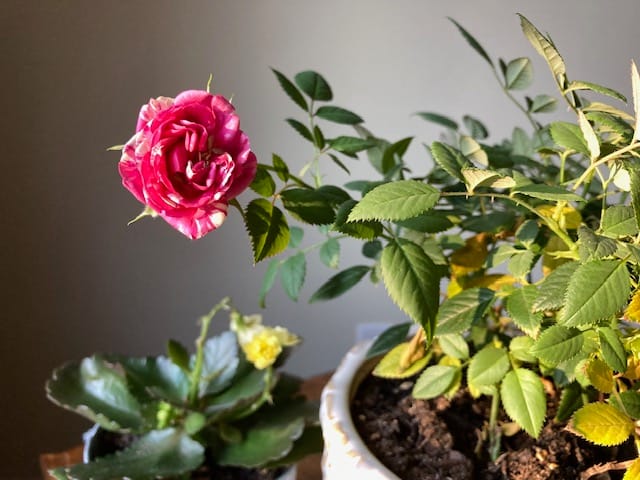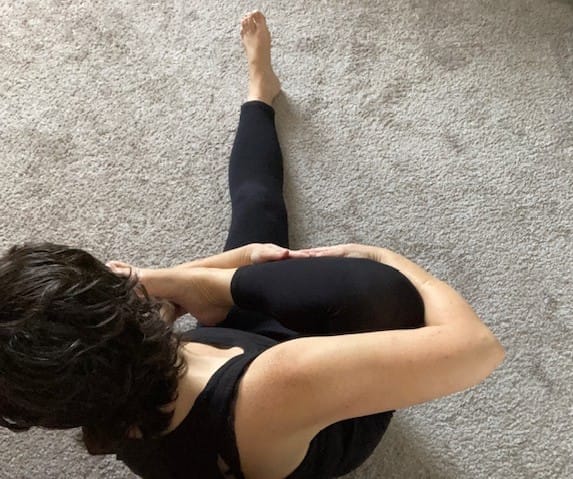Returning Aromatherapy to a Post-COVID World

In my observation*, massage therapy is using aromatherapy less these days. With initial variants of SARS-CoV-2 causing a loss of taste and smell in the patient, it makes sense that the appreciation of aromas from essential oils has waned in the past four years. Moreover, masking literally masked the smell of essential oils, which is a key feature of their use. Yet essential oils still reach and affect clients through topical application, regardless of their detectable aromas. Even those still experiencing loss in these senses can benefit from essential oils being applied to their skin and thereby absorbed into their blood stream. While it may be that oil diffusers continue to gather dust, it’s high time to reincorporate essential oils into massage therapy.
What is aromatherapy, and how does it work? Aromatherapy is the use of essentials oils for healing and well-being. Essential oils are the essence of plant material, extracted from roots, bark, stems, leaves, and flowers, primarily through either of two processes known as expression and distillation. Expression is used for citrus fruits, which break down in a revolving drum lined with spikes. The debris is then spun and, using centrifugal force, the oil is separated and collected. With distillation, the plant components are chopped up and placed in a sealed vat with boiling water or steam. The essences separate from the plant matter and move via steam into an attached condenser, and are distilled down into essential oil, or into essence-infused water called hydrolat. Hydrolats are often triple-distilled in order to increase the concentration of the plant essence in the end product.
Depending on the plant, essential oils are not always oily! Some do not feel oily at all to the touch, completely lacking viscosity. While a hydrolat is often sprayed directly onto the skin, essential oils are placed in a carrier, such as a nut oil or massage lotion, for controlled application and better absorption.
The chemical constituents of essential oils impact the human body in various ways. The aromas are inhaled through the nose and engage with olfactory epithelium cells in the nasal passages, and are carried via the olfactory nerve to the limbic system of the brain. Here, aromas trigger memories, emotions, and associations, whether positive or negative, and therefore can uplift, depress, or neutralize one’s mood. The limbic system includes the hypothalamus, which controls the autonomic nervous system, so typically essential oils either relax or stimulate the nervous system, depending on the plant.
Unless you are very familiar with them, it’s important to me that you sniff essential oils as the primary means of selecting them before a massage. I will make suggestions, but your body knows best. Note that an oil you liked last month may repel you today, which affirms the activating properties of essential oils. We are dynamic beings!
Essential oils are absorbed through the skin, especially skin with hair follicles, and enter the bloodstream as well as the lymphatic vessels. Your blood circulates throughout your whole body in about twenty minutes, and massage increases intravascular blood circulation, so the systemic effects of the oils are most definitely felt during the massage.
The body will excrete essential oils within hours, but their effects on tissues can linger for days, according to UK aromatherapist Geraldine Howard, whose products I was trained to work with in 2014, two years before she passed away. Years prior I trained with aromatherapist and reflexologist Roz Zollinger in Atlanta, GA. Almost everything I know about aromatherapy and the specific uses for individual oils stems from these two exceptional women, and I highly recommend their offerings.
It will be interesting to see how we heal from the lingering damage of COVID-19. You may find that you’re ambivalent toward aromas you loved prior to 2020, and even repelled by some. I myself have lost my affinity for certain foods, such as avocados and chocolate, and I’m still experimenting with scent and essential oils. I’ll be happy to rediscover them with you!
*Based on my massage work since June 2020 to the present, and noting that the blogs of both DoTerra and Young Living were scant in 2020. DoTerra published a single post in 2020, and not another for almost a year. Young Living posted their business's "Year in Review" for 2018 and 2019, and none since.





Member discussion